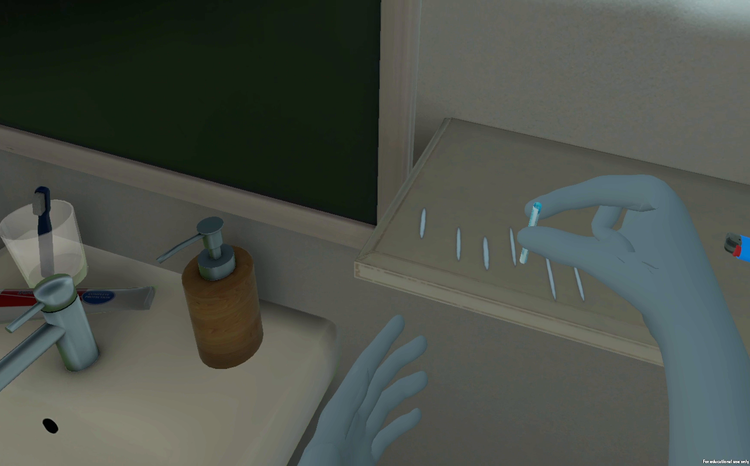CfH overlooks the present at Smart Healthcare
- 12 June 2008
NHS Connecting for Health’s presence at this week’s Smart Healthcare expo left many attendees disappointed. Chief operating officer, Gordon Hextall, and national clinical director, Dr Mark Davies, were unexpectedly absent, and their stand-ins had little to say about current concerns.
Hextall pulled out of Tuesday’s stream – ‘Leading transformational change in the NHS’ – which was meant to talk about building capability for ongoing change and generating real benefits from IT investment. His place was taken by Dave Mitchell, director of strategic deals at BT, who gave a technical talk on the total cost of ownership.
Davies, meanwhile, pulled out of Wednesday’s session on ‘The Future of Healthcare Delivery’, although Nigel Beasley, national clinical lead for hospital doctors, took his place, and two of his colleagues, Kathy Mason, programme director for mainstreaming IM&T, and Dr Mike Bainbridge, clinical architect, also took to the stage.
Although the three speakers presented for around 40 minutes, neither Fujitsu nor the Southern Programme for IT were mentioned at any point. Audience members waited patiently and, when it came to question time, asked what the situation was and what they should do while negotiations over the contract termination continued.
One said that by talking about the National Programme for IT Local Ownership Programme, (NLOP), the CfH speakers seemed to think it stood for ‘No Longer Our Problem.’
Dr Bainbridge acknowledged the query but said: “We are the wrong people to ask”, stressing that he and his colleagues worked on the technical rather than the commercial side of the agency. He said there were “ongoing commercial talks [with Fujitsu] but clearly there is much more urgency with the Southern situation to get a conclusion.”
Instead of dwelling on current issues, the speakers focused on the long term and big-picture topics. Dr Bainbridge stressed that shared records, standards and interoperability were “not an option, but an urgency” to cope with Britain’s increasingly ageing population, which he said would become “top-heavy” in the next ten years.
He said progress was being made with standards such as SNOMED and HL7 and the work of the Continua Alliance, but that more should be done to equip clinicians with tools that will help meet all their clinical needs.
Beasley called for clinicians to work together and to “take responsibility and ownership of projects.” He said “creating an environment for a social movement to occur, it will make things easier… it’s worth it.”
Meanwhile, Mason highlighted the work CfH has done to respond to the National Audit Office and parliamentary scrutiny of the national programme. She said the agency had done a lot to ensure that NHS organisations make IT a priority and that it is not just something that is “forced down their throats.”
She also highlighted the CfH annual benefits statement, which was published in March, and pledged this will be an annual report, lagging one year behind to meet Office of Government Commerce guidance.
CfH has also been scrutinised by transition assurance reviews, which Mason said had identified “a lack of clarity at the frontline”, and more recently by an independent review known as LOORD, which said there was “a need for demonstrated success… better communications and stakeholder engagement.”
Mason added that the agency will also be working on addressing the recommendations of the Informatics review, which will be published next month alongside Lord Ara Darzi’s review of the NHS.
“We will in particular be looking a much more proactive relationship between the NHS and CfH to ensure that informatics is NHS led and customer-focused,” she said. “We have a wealth of expertise, materials, resources and we aim to make it much easier for the NHS to access and use these tools.”




